4health Grain Free Adult Whitefish and Potato Formula Dry Dog Food
Nourish your pet with 4health Grain Free Adult Whitefish and Potato Formula Dry Dog Food. All the ingredients are carefully selected to maximize your dog’s health. Not only is the formula grain free, but it also features taurine to help support heart health as well as probiotics, omega fatty acids, antioxidants and other nutrients. And with real whitefish as the number 1 ingredient, this dry dog food is just as tasty as it is healthy. Available in several bag sizes.
Nourish your pet with 4health Grain Free Adult Whitefish and Potato Formula Dry Dog Food. All the ingredients are carefully selected to maximize your dog’s health. Not only is the formula grain free, but it also features taurine to help support heart health as well as probiotics, omega fatty acids, antioxidants and other nutrients. And with real whitefish as the number 1 ingredient, this dry dog food is just as tasty as it is healthy. Available in several bag sizes.
- Adult dog food provides lots of energy and nutrition for active and working dogs
- Formulated with select ingredients and underwent rigorous quality control processes
- Fortified with taurine to support heart health and eye health
- Probiotics help maintain the proper balance in your dog’s digestive system; each cup of dry dog food provides live, active cultures that help support healthy digestion
- Blend of omega-6 and omega-3 fatty acids helps keep the skin and coat healthy and shiny
- Contains guaranteed levels of zinc, selenium and vitamin E for immune-supporting antioxidant nutrition
- Made with real whitefish as the number 1 ingredient for great taste
- Dog food is available in several different pack sizes to suit your needs
- Made in USA
- 4health Grain Free Formulation Whitefish and Potato Formula for Adult Dogs is formulated to meet the nutritional levels established by the AAFCO Dog Food Nutrient Profiles for maintenance
- Note: The facility in which this dog food is made also makes food that may contain other ingredients, such as grains; trace amounts of these other ingredients may be present
Additional information
| Country of Origin | Made in USA |
|---|---|
| Breed Size | Extra Small, Small, Medium, Large, Extra Large |
| Flavor | Whitefish and Potato |
| Health Features | Heart Health, Immune System Support, Digestion Support, Skin & Coat Health |
| Life Stage | Adult |
| Primary Flavor | Potato, Whitefish |
| Special Diets | Probiotics, Grain Free, Preservative Free, AAFCO Formulated, Omega Fatty Acids |
| Manufacturer Part Number | 2414 |

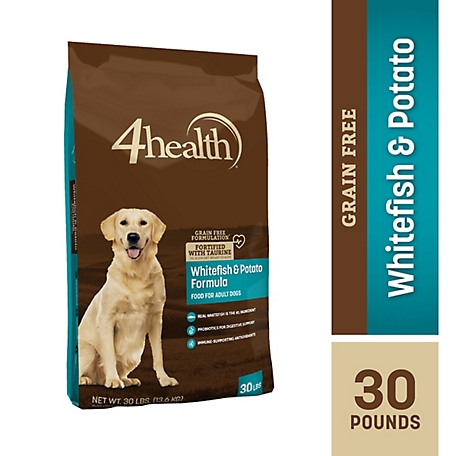
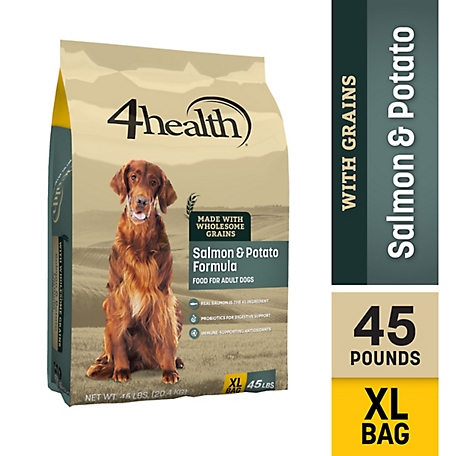


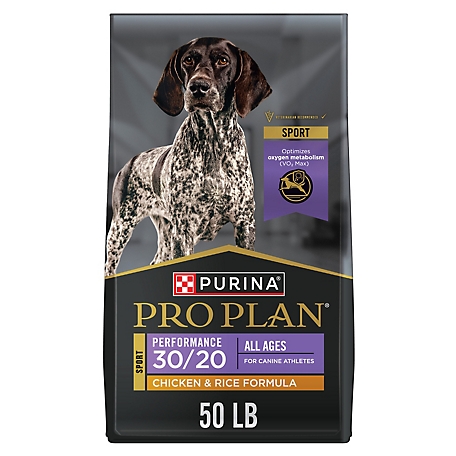

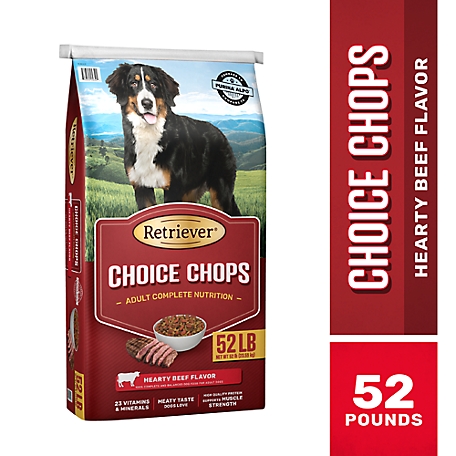
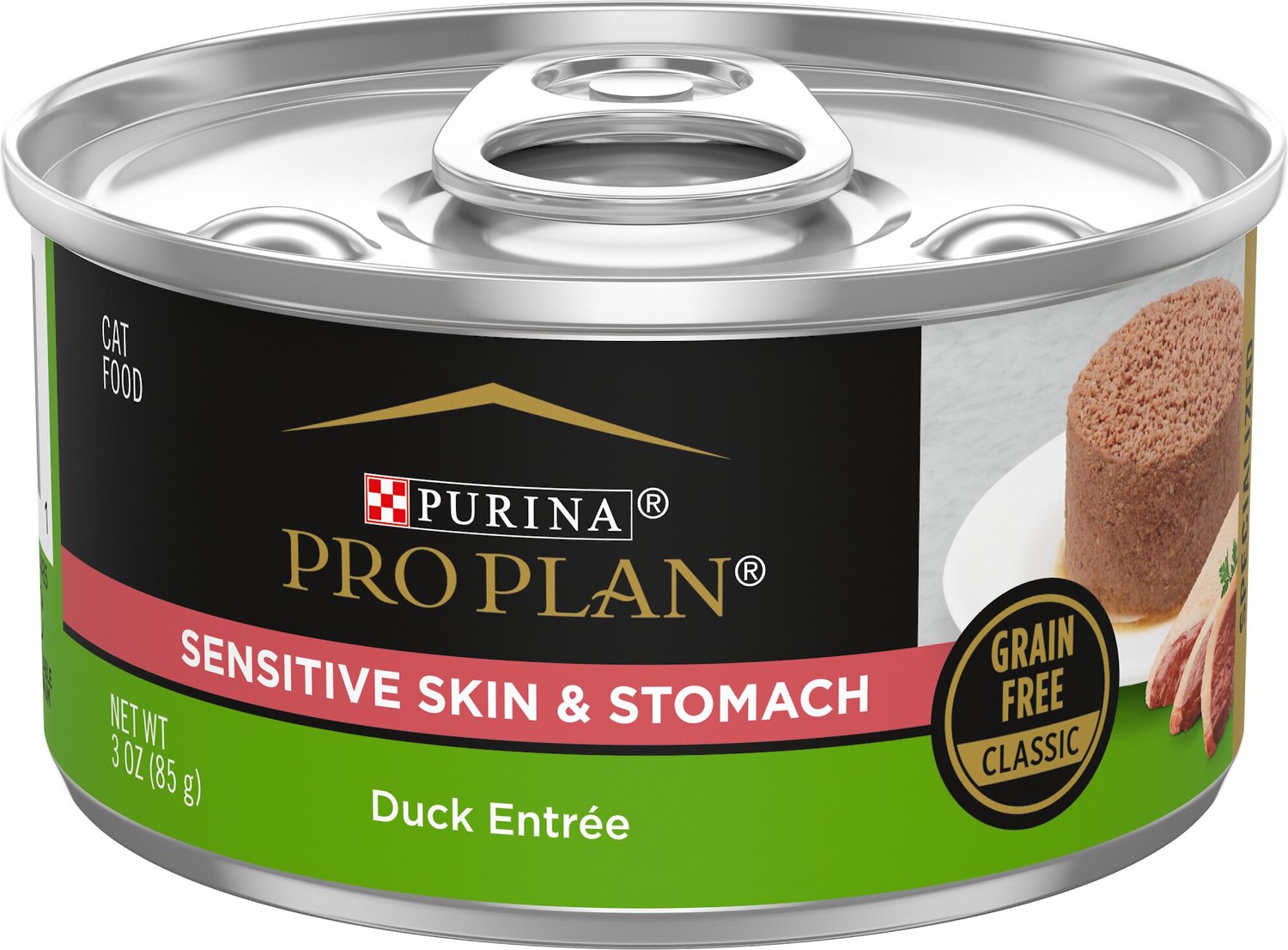

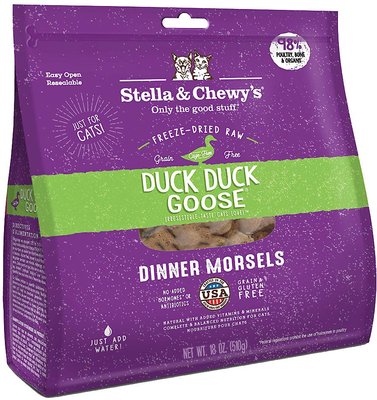
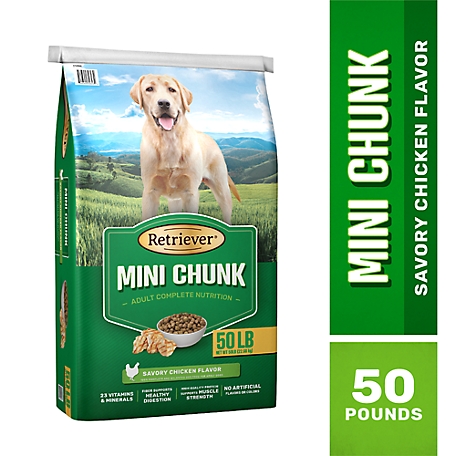
by Amber
Absolutely love this dog food my dog her coat is extremely shiny. She absolutely loves it and it has good nutritional value. reasonable price and ships out fast
by Nicole
My mastiff and chocolate lab love this food. It makes their coats shiny.
by Chris
Great option for our dog who has been suffering from allergies. He does a lot less chewing and seems to be much happier.
by Ashley
The price is great for an all natural food. My dog has chicken allergies and its nearly impossible to find a dog food without some form of chicken in it, but not only is it chicken-free, she loves it!
by Migue
Decent food that doesn’t cost an arm and a leg.